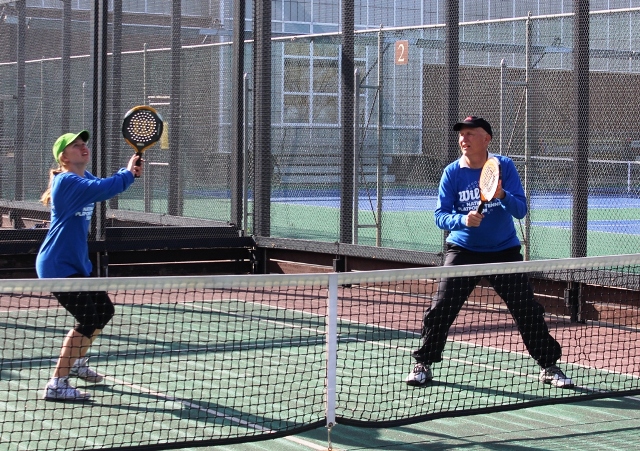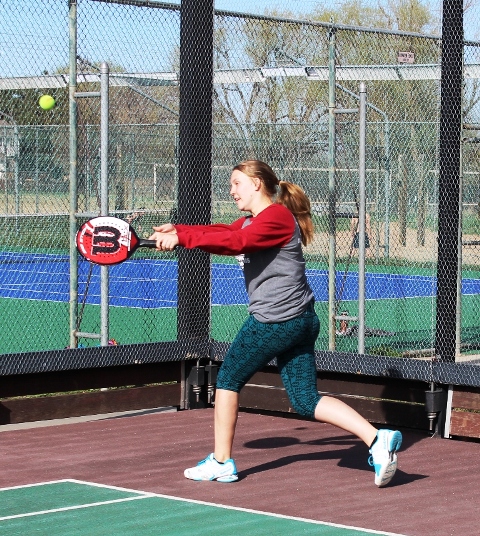Courtney Thompson, setter for the USA Women’s National Volleyball Team has written a blog post on the Positive Performance website talking about how she uses mental training to push through and overcome fatigue instead of getting frustrated and feeling bad for herself.
This post summarizes her discussion to help athletes deal with fatigue so it doesn’t take them out of their game.
#1: It’s not about you, so get over it. Put the team ahead of your ‘feelings’ and get it done!
#2: All champions experience fatigue when pushing their limits. So feel it and embrace it… fatigue means you’re on your way! No one said success would be easy.
#3: Your mind is incredibly powerful. Use it to help you! You’re an athlete. Being tired is a part of that, so accept it and move on. Choose to think about what you need to do to help the team in that moment.
#4: Your mission doesn’t care if you’re tired. Find what works for you and use it. I want to go to bed at night knowing I did everything I could possibly do to help my team reach our mission.
#5: We won’t always feel 100% in a game. Train yourself to be ready for those days. The real competition in sports and in life is competing with yourself to bring your personal best, day in and day outfit is unrealistic to think we will perform feeling 100% all the time.
#6: Check that your behaviors are in line with your objectives. People often look at an athlete who wins a championship and think that getting there must have all been fun, happy, and maybe even comfortable, The pursuit of becoming your best is hard work.
#7: Mood follows action. Start little, and keep going. From the start of a rough day, act in line with your goals—make just one small step—and you’ll gather momentum and come to realize you’re actually in control of your mood and your day. Then take one more small step, then another, and another. At some point your ‘mood’ will change as you involve yourself in each step, each task.
#8: Remember: the pain of not going all out is much bigger than the pain of holding back. What I’ve learned is that at some point the high of winning and the sting of losing will wear off, and the real joy comes from knowing you exhausted every possibility to help your team reach its goals and whether or not you and your team were good teammates along the way.

